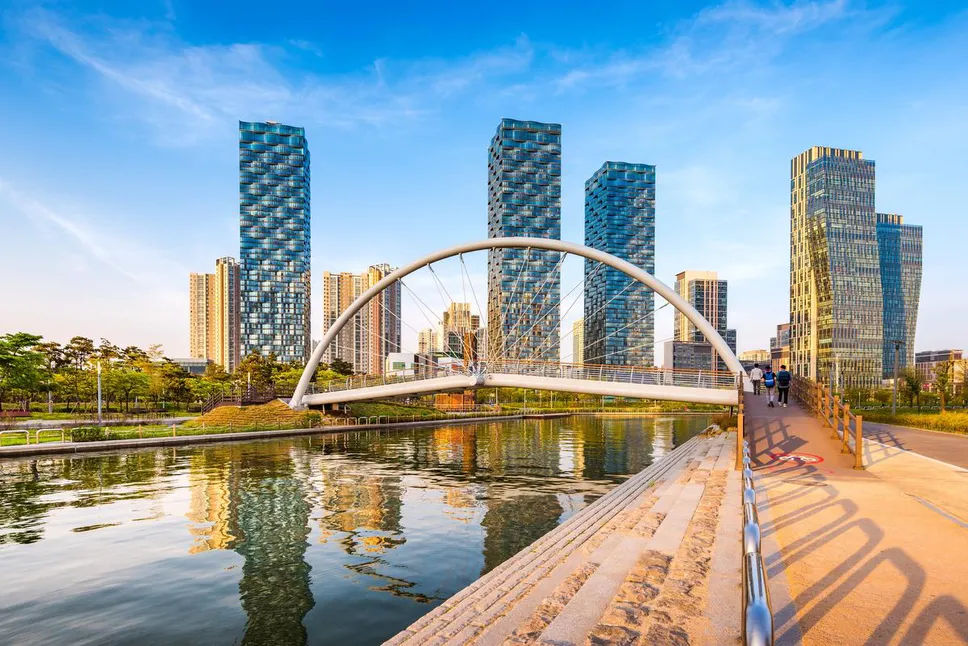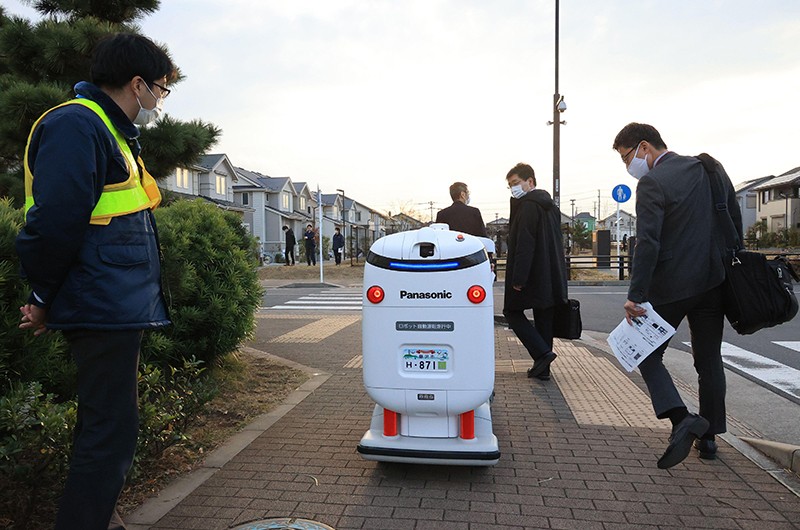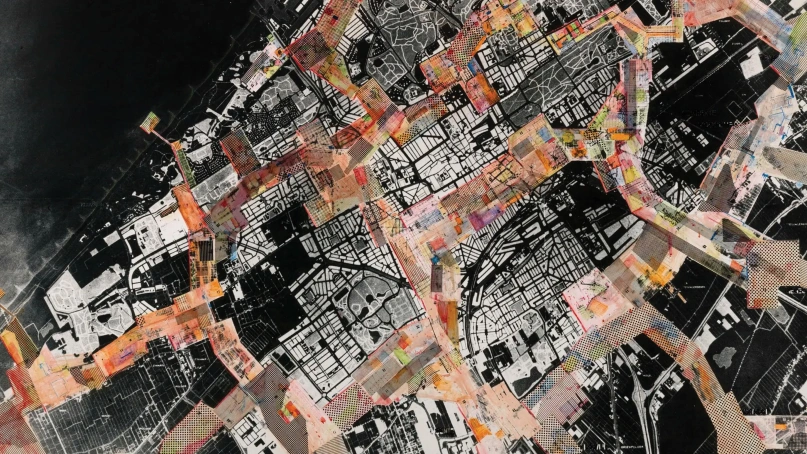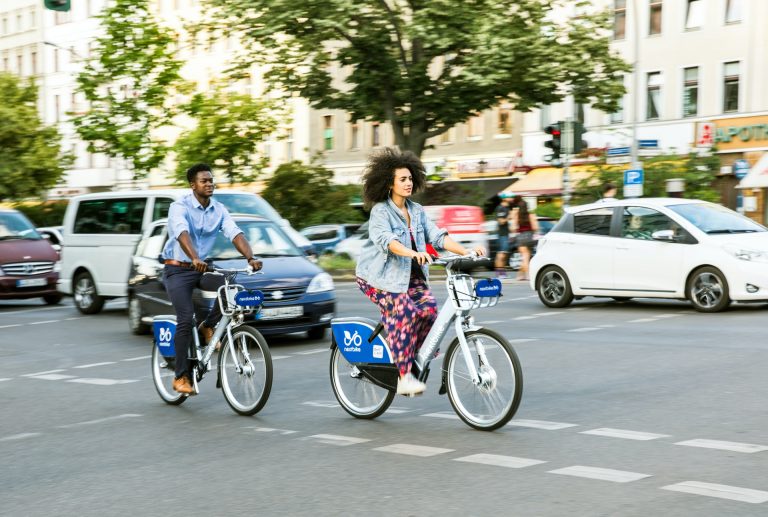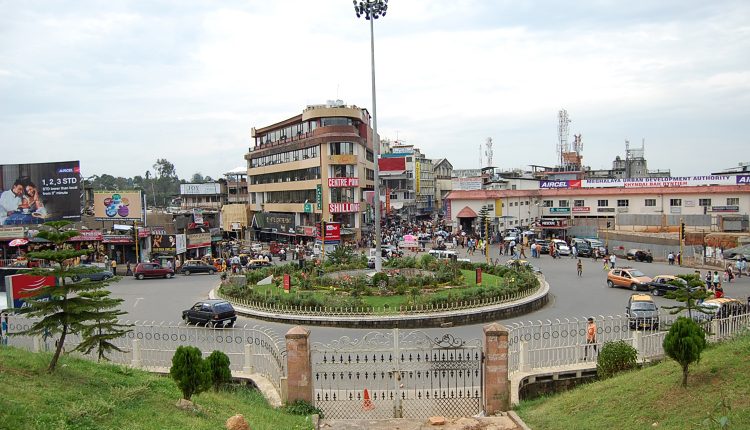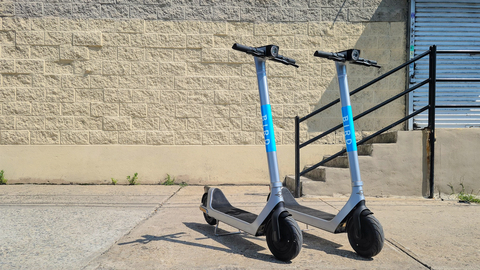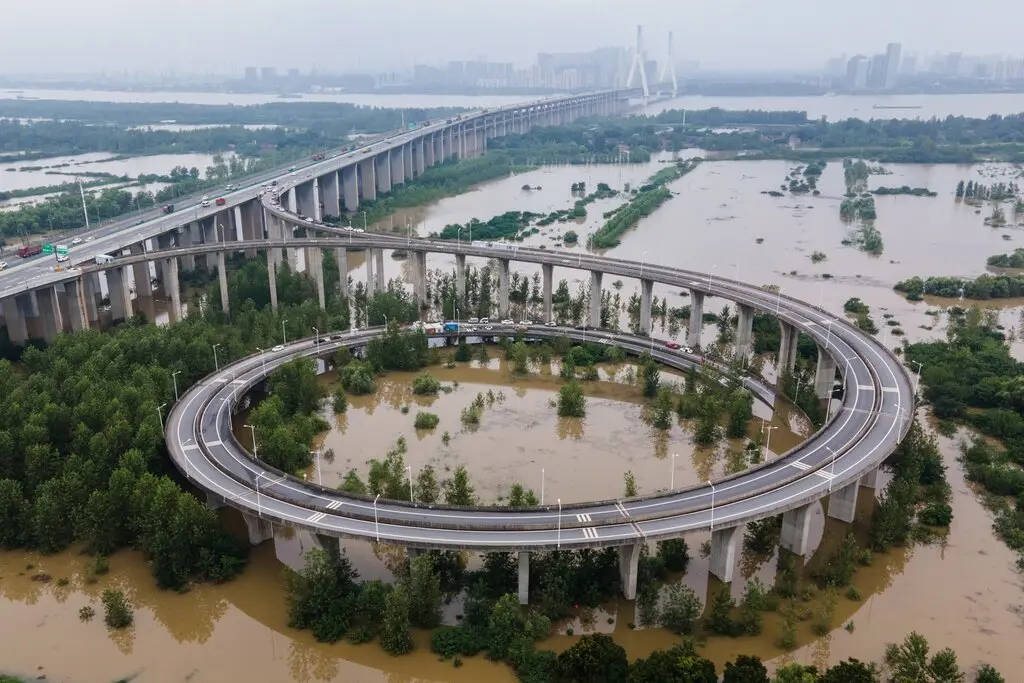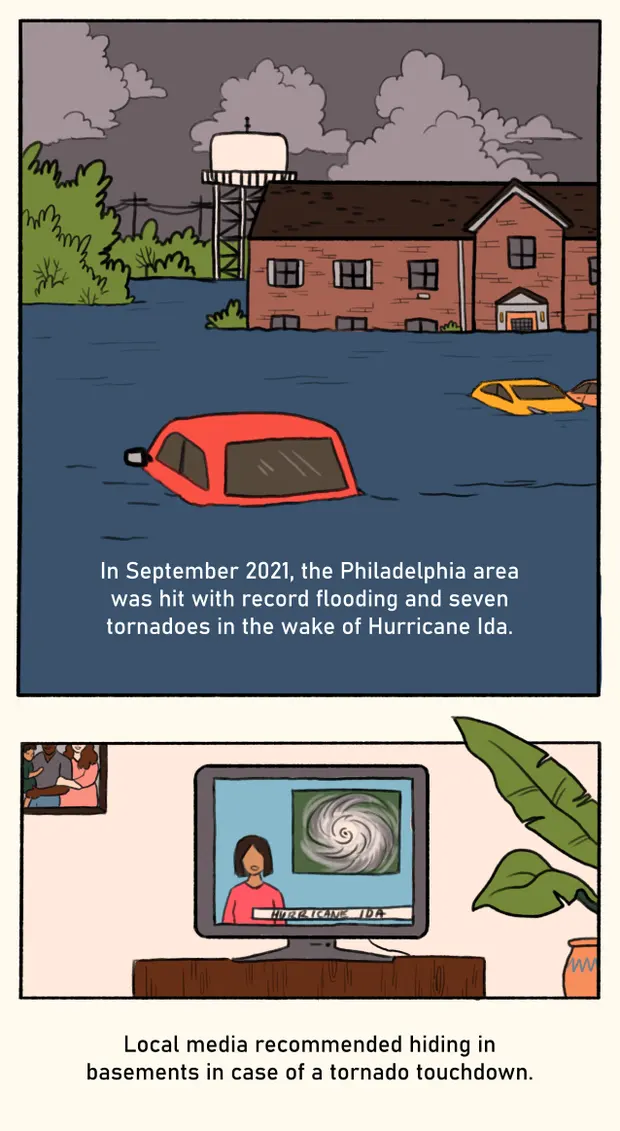
The urban metropolises of our planet are home to an abundance of stories. They are home to stories of wealth, of innovation, and of architectural marvels. They are home, too, to stories of inequality, inequity and of urban divides – places where one’s income determines the quality of the spatial environment around them. Within these stories has developed an increasing advocation for making cities “smarter”, the goal being to use data and digital technology to build more efficient and convenient urban environments.
The problem is that in many contexts, a push for smarter cities can heighten the already-existing inequity present in a place if structural urban issues are not addressed.
The definition of what exactly constitutes a smart city is varied, but they can be broadly defined as cities that aim to use data-collecting technology and modernised infrastructure to provide more efficient and convenient urban environments for a city’s residents. An example would be Yokohama’s initiative to reduce congestion and vehicular pollution by implementing an electric car-sharing service, increasing the number of electric car drivers in the Japanese city. In southeast Asia, the island of Singapore has responded to high demand for a scarce water supply by introducing NEWater – treating and purifying used water to create drinking water. Japan and Singapore, however, are relatively wealthy nations, and for nations that make up the so-called "global south", achieving smart-city status while addressing the pressing needs of the local population is a much more difficult matter, which ends up perpetuating already existing imbalances in a society.
+INFO: ArchDaily




